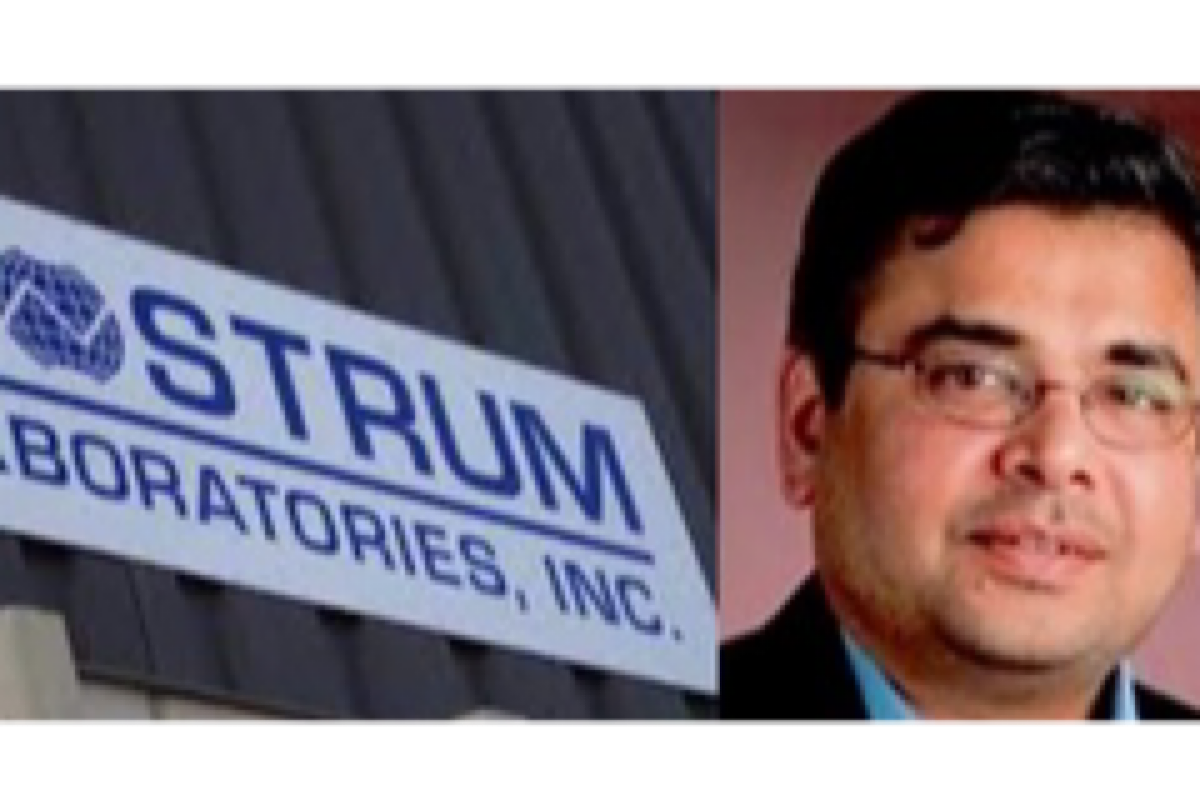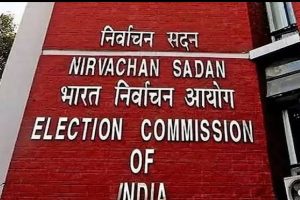A pharmaceutical company in the US and its Indian-origin chief have agreed to resolve allegations that they knowingly underpaid Medicaid rebates due for the company’s drug Nitrofurantoin Oral Suspension (Nitro OS).
Missouri-based Nostrum Laboratories and its founder and CEO Nirmal Mulye have agreed to pay a minimum of $3,825,000, and up to $50 million if certain financial contingencies are met to settle claims that they violated the False Claims Act.
The settlement is based on Nostrum’s and Mulye’s financial condition, a Department of Justice release said on Monday.
Pursuant to the Medicaid Drug Rebate Program, drug manufacturers are required to pay quarterly rebates to state Medicaid programs in exchange for Medicaid’s coverage of the manufacturers’ drugs.
The statute requires manufacturers to pay inflation-based rebates for drugs, which are designed to insulate the Medicaid programme from drug price increases that outpace inflation.
These rebates are calculated by comparing the drug’s current price to the drug’s price on the date that the “dosage form and strength” of the drug was first marketed or 1990, whichever is later.
“The Medicaid programme is a valuable safety net, providing healthcare to some of the most vulnerable Americans,” said Acting US Attorney Joshua S Levy for the District of Massachusetts.
“By deliberately failing to pay appropriate rebates to Medicaid, Nostrum used that programme to divert resources from those Americans in the hopes of generating profits. This office will not turn a blind eye to such flagrant abuse.”
According to Jodi Cohen, special agent in charge of the FBI Boston field office, Nostrum reduced the amount that it paid to the Medicaid programme by improperly calculating the rebates it owed, even after hiking the cost of one of their drugs by over 400 per cent.
As part of the settlement, Nostrum and Mulye admitted that the former acquired Nitro OS from another manufacturer in December 2015 and continued to market the product pursuant to its preexisting FDA approval.
In January 2018, Nostrum temporarily ceased manufacturing Nitro OS because the amount of lead in the product did not comply with updated 2018 FDA guidance.
After modifying quantities of two inactive ingredients to reduce overall lead levels, Nostrum resumed manufacturing and marketing Nitro OS in August 2018.
Nostrum characterised the relaunched version of Nitro OS as a “reformulation,” but Nostrum did not add or subtract any ingredients and the active ingredients remain unchanged.
Nitro OS also remained in the same dosage form and strength as it did prior to 2018.
Nostrum continues to market this version of Nitro OS under the same FDA Approval as the pre-2018 version and maintains that it is legal to do so because no major changes have been made to the drug.
After relaunching Nitro OS in August 2018, Nostrum increased its price from $474.75 to $2,392.32 per bottle, which triggered significantly higher Medicaid Drug Rebate invoices from State Medicaid programs on account of the inflation-based rebate.
Beginning with the fourth quarter of 2018 through the first quarter of 2020 (when Nostrum withdrew from the Medicaid Drug Rebate Program), Nostrum and Mulye did not pay these entire invoiced amounts.
This was despite learning that the larger rebate invoices were tied to the price increase and inflation based rebate and being notified by Centers for Medicare & Medicaid Services (CMS) that it should pay the higher calculated amounts.
Instead, and despite prior communications to FDA that no “major changes” had been made to Nitro OS, Nostrum wrote CMS arguing that, because this version of Nitro OS is actually a “new” drug, Nostrum should not have to pay rebates based upon the prior version’s applicable price.
The US contended that, as a result of these actions, it had certain civil claims against Nostrum and Mulye from October 1, 2018, through March 31, 2020, for knowingly failing to pay the required rebate amounts owed for Nitro OS as required by the Rebate Statute and Rebate Agreement and as invoiced by State Medicaid programs.











